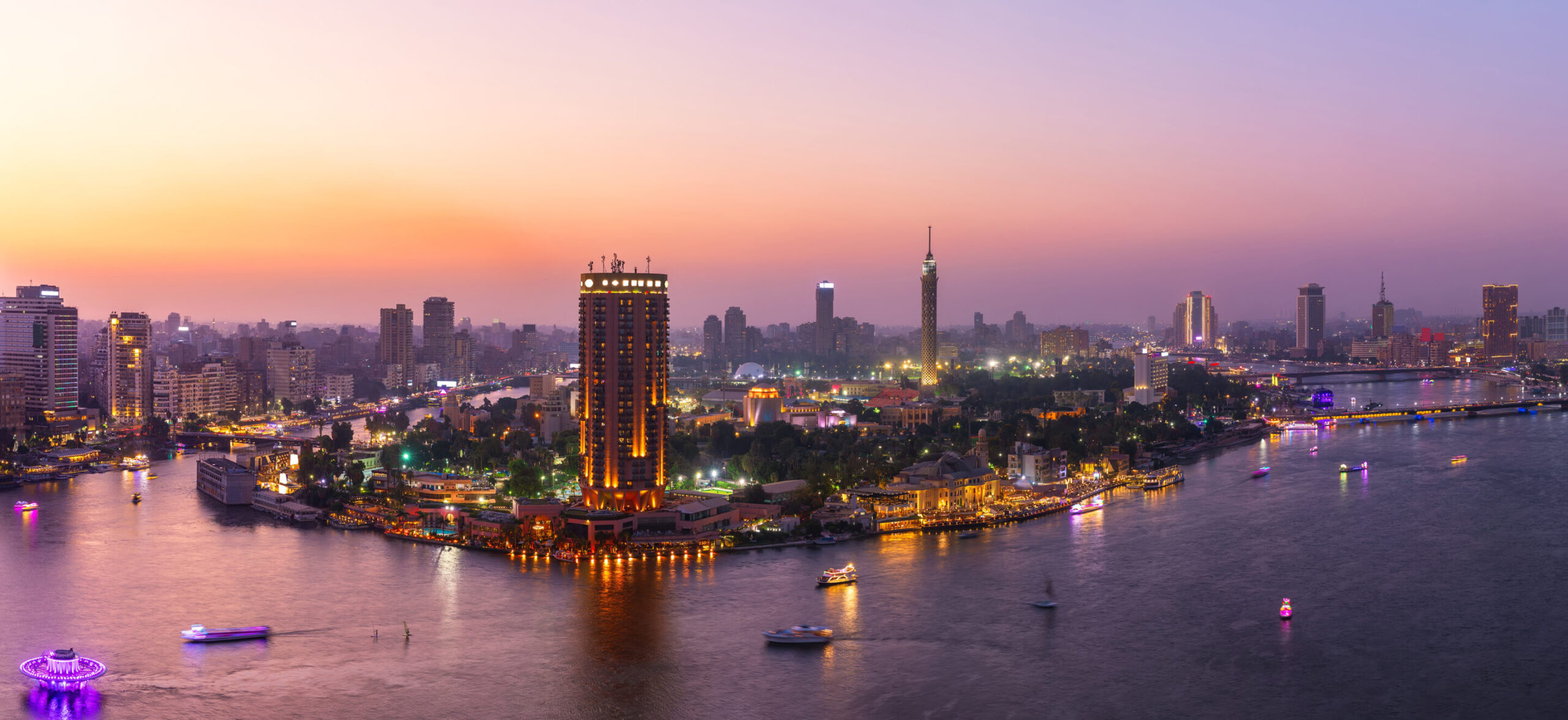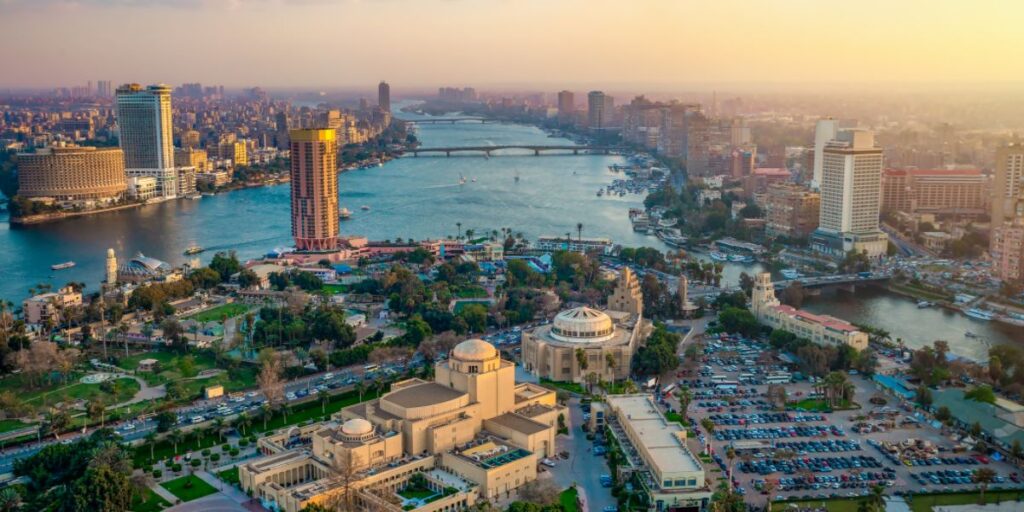
Introduction: The New Way to Experience Egypt
eco-friendly travel in Egypt, Egypt is a country of timeless beauty — from its ancient pyramids and golden deserts to the crystal-clear waters of the Red Sea. Millions of travelers visit every year to explore its history, culture, and natural wonders. Yet, with tourism growing rapidly, there’s an increasing need to protect the very treasures that attract visitors in the first place.
Sustainable and eco-friendly travel in Egypt is not just a trend — it’s a responsibility. Whether you’re snorkeling in Hurghada, exploring coral reefs in Marsa Alam, or riding camels through the Sinai desert, there are many ways to minimize your environmental footprint while still having an unforgettable experience.
This in-depth guide will show you how to travel responsibly across Egypt — from choosing ethical tour providers to reducing plastic waste, respecting marine life, and supporting local communities.
1. Why Eco-Friendly Travel Matters in Egypt

Egypt’s natural landscapes are among the most diverse in the world. The Red Sea coast is home to some of the planet’s most pristine coral reefs. The Western Desert stretches endlessly with golden dunes, while the Nile Valley nourishes fertile farmland and countless species of birds.
Unfortunately, the rapid rise in tourism has led to issues such as coral reef damage, littered beaches, and overuse of natural resources. Plastic bottles, sunscreen pollution, and unregulated tour operations threaten these fragile ecosystems.
By choosing to travel eco-consciously, you can help ensure that Egypt’s beauty remains intact for generations to come. Sustainable travel isn’t about doing less — it’s about doing it smarter.
2. Choosing Ethical Tour Operators in Egypt
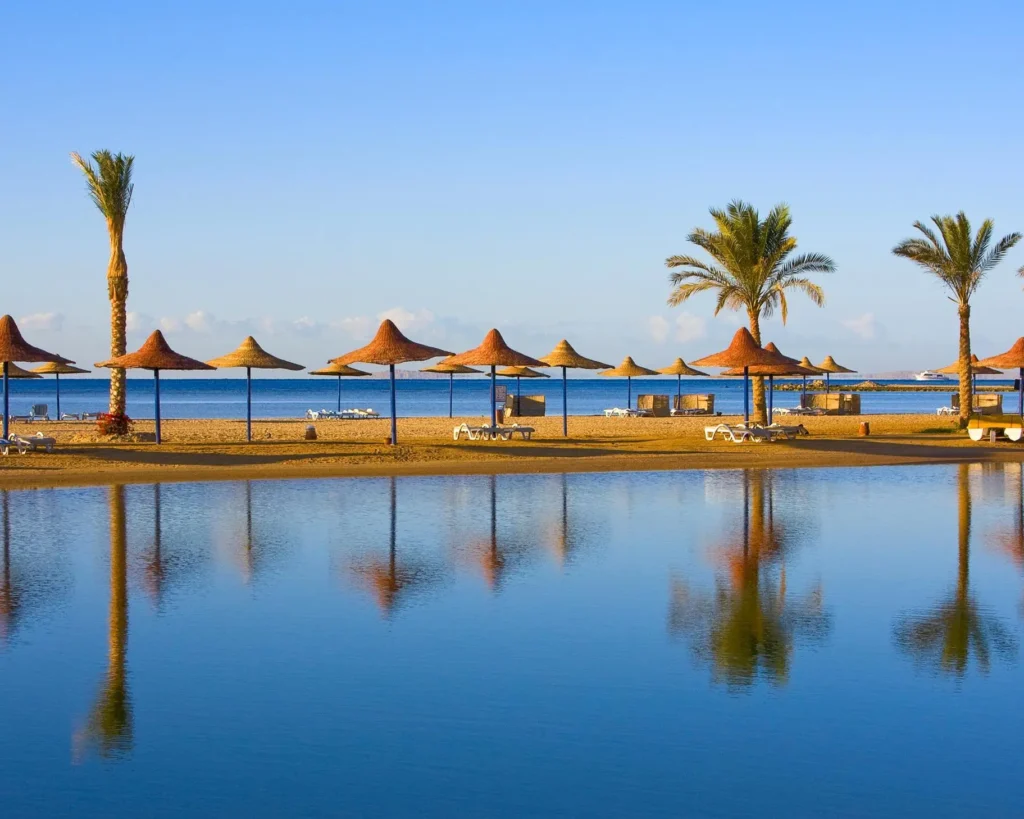
Before booking any excursion, research your tour provider carefully. Many companies in Hurghada, Sharm El Sheikh, and Marsa Alam now promote eco-certified tours that follow responsible tourism practices.
Here’s what to look for when choosing an ethical tour company:
- Environmental Commitment: Look for providers that mention sustainability or marine conservation in their mission. Some donate a portion of profits to reef preservation.
- Small Group Sizes: Avoid overcrowded tours that put pressure on the environment and reduce the quality of your experience.
- Qualified Guides: Responsible operators employ licensed guides who educate tourists about local ecosystems and cultural respect.
- Wildlife Protection: Ethical tours never chase dolphins, feed fish, or allow coral touching.
- Local Involvement: Choose tours that support Bedouin communities, hire local guides, and buy regional products instead of imports.
By selecting a certified or community-driven operator, you directly contribute to the sustainable growth of Egypt’s tourism industry.
3. Responsible Snorkeling and Diving Etiquette

The Red Sea is a paradise for divers and snorkelers — but it’s also a delicate ecosystem that requires care and awareness. Every coral, fish, and sea turtle plays a role in the underwater balance. One careless fin kick or piece of litter can cause lasting harm.
Follow these responsible snorkeling and diving rules to enjoy Egypt’s reefs respectfully:
Don’t Touch Anything
Corals are living organisms, not rocks. Touching or standing on them can kill them. Keep your distance — even gentle contact can cause irreversible damage.
Avoid Feeding Marine Life
Fish feeding disrupts natural behaviors and diet patterns. Instead, watch them in their natural habitat from a distance.
Use Reef-Safe Sunscreen
Many common sunscreens contain oxybenzone and octinoxate, which harm coral reefs. Use reef-safe sunscreen labeled “non-nano” or wear a UV-protective rash guard instead.
Control Your Buoyancy
Divers should maintain neutral buoyancy to avoid accidentally bumping into reefs. Snorkelers can use life jackets to float calmly on the surface.
Take Only Photos, Leave Only Bubbles
Never collect shells, starfish, or corals as souvenirs. The best memories come from pictures and experiences — not from taking pieces of the sea home.
Support Marine Conservation Efforts
Many diving centers in Egypt participate in coral monitoring and reef cleanup programs. Ask your guide about joining a reef cleanup day or contributing a donation.
4. Reducing Plastic Waste While Traveling
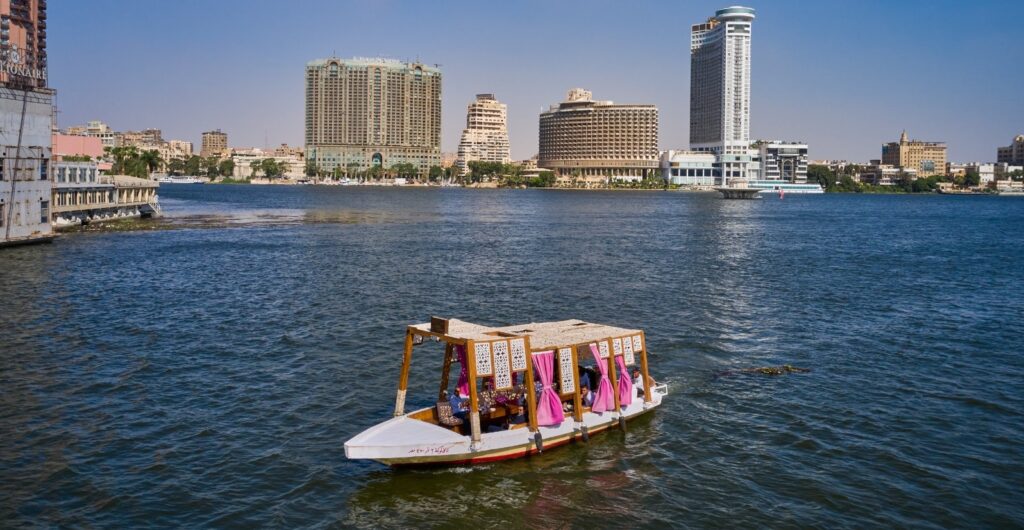
Plastic pollution is one of Egypt’s biggest environmental challenges — especially in tourist areas like Hurghada and Sharm El Sheikh. Bottles, straws, and packaging often end up in the sea, harming marine animals.
Here are easy ways to travel plastic-free in Egypt:
- Bring a Reusable Water Bottle: Many hotels and dive centers offer filtered water refills.
- Use a Metal or Bamboo Straw: Refuse single-use plastic straws at restaurants and cafés.
- Carry a Cloth Shopping Bag: Ideal for markets and beach picnics.
- Avoid Plastic-Wrapped Snacks: Buy fresh fruits or local pastries instead.
- Say No to Balloons and Confetti: These are common at beach parties and cause litter that ends up in the water.
- Recycle When Possible: Ask your hotel where to find recycling bins — eco-resorts often separate waste.
A small effort from every traveler can make a huge difference in keeping Egypt’s coastlines clean and its marine life safe.
5. Eco-Friendly Accommodation Options

Many hotels and resorts in Egypt are starting to embrace sustainability. When booking your stay, look for properties that have eco-certifications or follow green practices such as:
- Using solar energy and water-saving systems
- Offering reusable glass bottles instead of plastic
- Supporting local farmers with fresh, seasonal ingredients
- Employing local staff and artisans
- Hosting educational workshops about the environment
Examples of such efforts can be seen in eco-lodges near Marsa Alam and El Gouna, where properties blend naturally into the desert landscape and rely on renewable energy sources.
When you choose these eco-conscious resorts, you enjoy comfort while directly supporting the protection of Egypt’s environment.
6. Supporting Local Communities and Culture

Eco-friendly travel isn’t only about nature — it’s also about people. The heart of responsible tourism in Egypt lies in supporting local communities, respecting their traditions, and sharing benefits fairly.
Here’s how to do it:
- Book Locally Owned Tours: Many Bedouin families organize desert excursions, camel rides, and stargazing nights.
- Buy Local Handicrafts: Choose handmade souvenirs like woven scarves, pottery, or jewelry from local artisans instead of mass-produced imports.
- Eat at Local Restaurants: Try Egyptian dishes like koshari, grilled fish, and falafel at small family-run eateries.
- Learn a Few Arabic Phrases: Simple words like “Shukran” (thank you) show respect and appreciation.
- Ask Before Photographing People: Always request permission — especially in villages or Bedouin communities.
By interacting respectfully and spending money locally, you help preserve Egypt’s cultural heritage and empower the people who call this country home.
7. Sustainable Transportation in Egypt
Egypt is a large country, and traveling between cities or attractions often involves long distances. However, there are ways to make your transportation more eco-friendly:
- Share Transfers: Join shared shuttles or group tours instead of booking private transfers for short trips.
- Use Trains When Possible: Egypt’s railway system connects Cairo, Luxor, and Aswan — an energy-efficient alternative to domestic flights.
- Walk or Cycle Locally: In resort towns like El Gouna or Sahl Hasheesh, biking paths and pedestrian promenades make exploring car-free easy and enjoyable.
- Choose Electric or Hybrid Vehicles: Some tour companies now offer electric car rentals or eco-friendly safaris.
For shorter Red Sea excursions, always select boats with proper waste management systems and fuel-efficient engines.
8. Desert Excursions: Respecting the Fragile Landscape
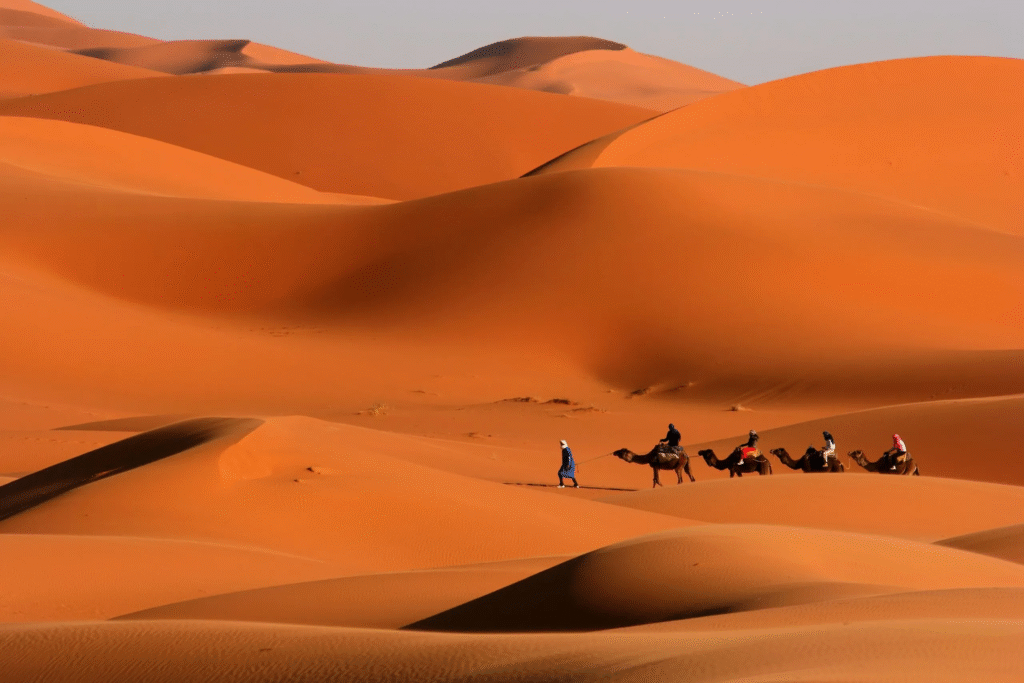
Egypt’s deserts are vast and stunning — from the golden dunes of Hurghada’s surroundings to the white chalk formations of the White Desert. But they are also extremely fragile ecosystems where life exists in delicate balance.
Follow these tips for responsible desert adventures:
- Stay on Marked Paths: Avoid driving off-trail, as tire tracks can last for years.
- Don’t Collect Stones or Fossils: Leave natural formations untouched.
- Respect Wildlife: Desert foxes, lizards, and birds are shy — observe quietly from a distance.
- Bring Reusable Containers: Avoid single-use plastics on desert safaris.
- Pack Out What You Pack In: Leave no waste behind.
When joining Bedouin dinner or stargazing tours, choose companies that follow “leave no trace” principles and minimize noise and light pollution.
9. Eco-Friendly Activities in Egypt
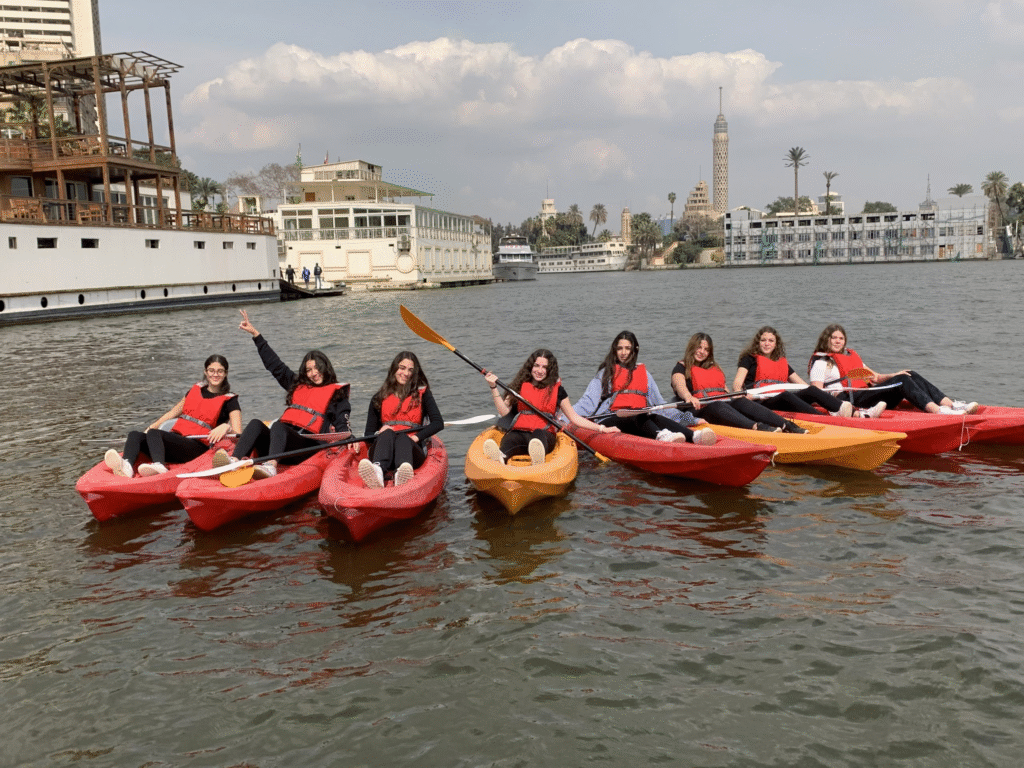
If you want your entire trip to align with sustainability, consider adding these environmentally friendly experiences to your itinerary:
1. Kayaking or Paddleboarding
Enjoy the calm Red Sea waters without disturbing marine life. No engines, no pollution — just you and the sea.
2. Beach Clean-Up Events
Many resorts and diving centers host weekly beach cleanups. Join in to give back to the environment during your vacation.
3. Birdwatching in Marsa Alam or Aswan
Egypt’s wetlands and mangroves attract flamingos, herons, and rare migratory species — perfect for nature lovers.
4. Stargazing in the Desert
Experience Egypt’s night sky away from light pollution — a low-impact activity that supports local Bedouin guides.
5. Organic Cooking Classes
Some eco-lodges offer classes using local produce, teaching visitors to cook authentic Egyptian dishes sustainably.
These experiences connect travelers to Egypt’s natural rhythms while protecting its environment.
10. Mindful Packing for Eco Travelers
Your packing choices can have a big impact on how sustainable your trip is. Here’s a simple eco-travel packing list for Egypt:
- Reusable water bottle
- Reef-safe sunscreen
- Lightweight bamboo toothbrush
- Biodegradable soap and shampoo
- Reusable cloth bags
- Quick-dry clothing made from natural fibers
- Solar-powered charger or power bank
- Snorkeling gear (own mask and fins to avoid rentals)
Travel light and focus on essentials — the less you bring, the less you consume.
11. Tips for an Eco-Conscious Beach Day

Egypt’s beaches are stunning — from Hurghada’s coastline to the secluded bays of Marsa Alam. To enjoy them responsibly:
- Avoid sitting too close to turtle nesting zones (especially in spring and summer).
- Don’t leave cigarette butts, bottle caps, or plastic behind.
- Avoid loud music that disturbs wildlife.
- Support beach cafés that use biodegradable cutlery and plates.
- Bring a small reusable bag to collect any trash you see — every little act counts.
12. Educate and Inspire Others
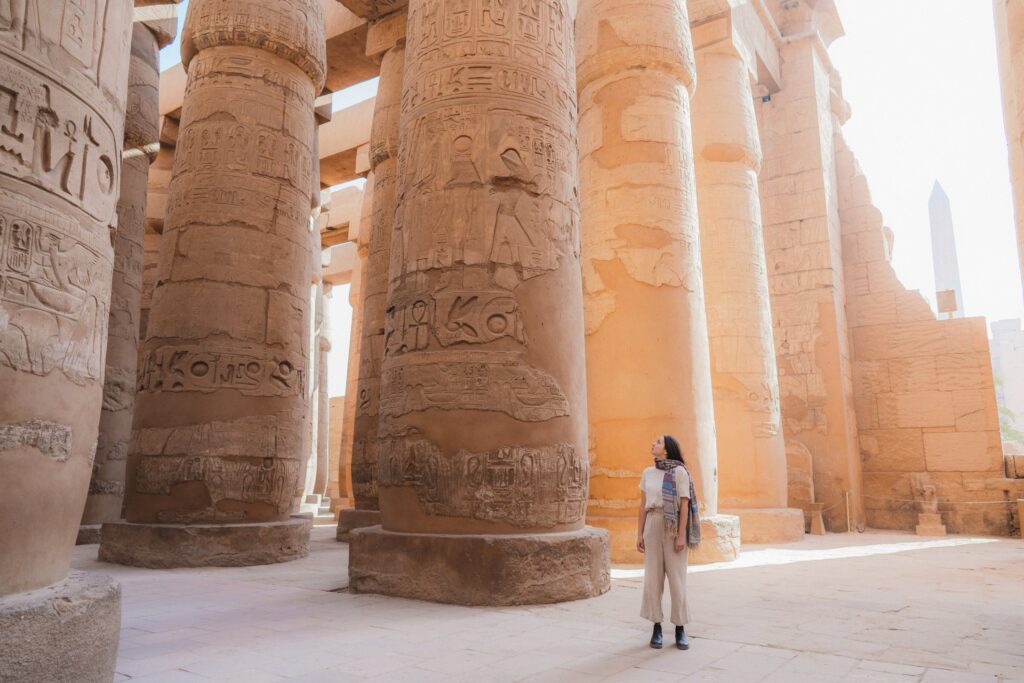
The best travelers don’t just visit — they inspire others. Share your experiences of eco-friendly travel in Egypt on social media or with friends, but always in a positive, educational way.
Instead of posting selfies on coral reefs, explain why you stayed at a distance. Instead of showing plastic bottles, highlight your reusable gear. By setting an example, you help shift travel culture toward sustainability.
13. Combining History, Nature, and Sustainability

Egypt isn’t just about beaches and deserts — it’s also the cradle of civilization. Eco-friendly travel extends to cultural tourism as well:
- Visit less crowded sites to reduce pressure on popular monuments.
- Follow marked paths at temples and archaeological zones.
- Support local guides trained in heritage conservation.
- Avoid touching hieroglyphs or climbing on ruins.
This responsible approach ensures that future generations can experience Egypt’s wonders just as we do today.
14. The Future of Sustainable Tourism in Egypt
Egypt’s tourism industry is increasingly aware of environmental challenges. Projects such as the Red Sea Sustainable Tourism Initiative and Green Star Hotel Certification are helping to transform the sector.
Eco-resorts in Marsa Alam now rely on solar energy, dive centers are banning plastic bottles, and local communities are creating sustainable craft markets. By supporting these efforts, travelers can help accelerate Egypt’s journey toward a greener future.
Conclusion: Be the Change You Wish to See in Egypt

eco-friendly travel in Egypt, through Egypt is an unforgettable adventure — but it comes with a responsibility to protect the land, sea, and people who make it so extraordinary.
By following eco-friendly principles — choosing ethical tours, avoiding plastic, respecting marine life, and supporting local communities — you contribute to preserving Egypt’s natural and cultural heritage.
The Red Sea’s coral reefs, the silence of the desert, and the warmth of Egyptian hospitality are treasures worth safeguarding. When you travel consciously, every snorkeling trip, desert safari, and cultural encounter becomes part of something bigger — a commitment to a sustainable future for Egypt and our planet.
So next time you pack for your Red Sea getaway or Nile adventure, remember: small choices make a big difference. Travel green, travel responsibly, and let Egypt’s magic shine for generations to come.

